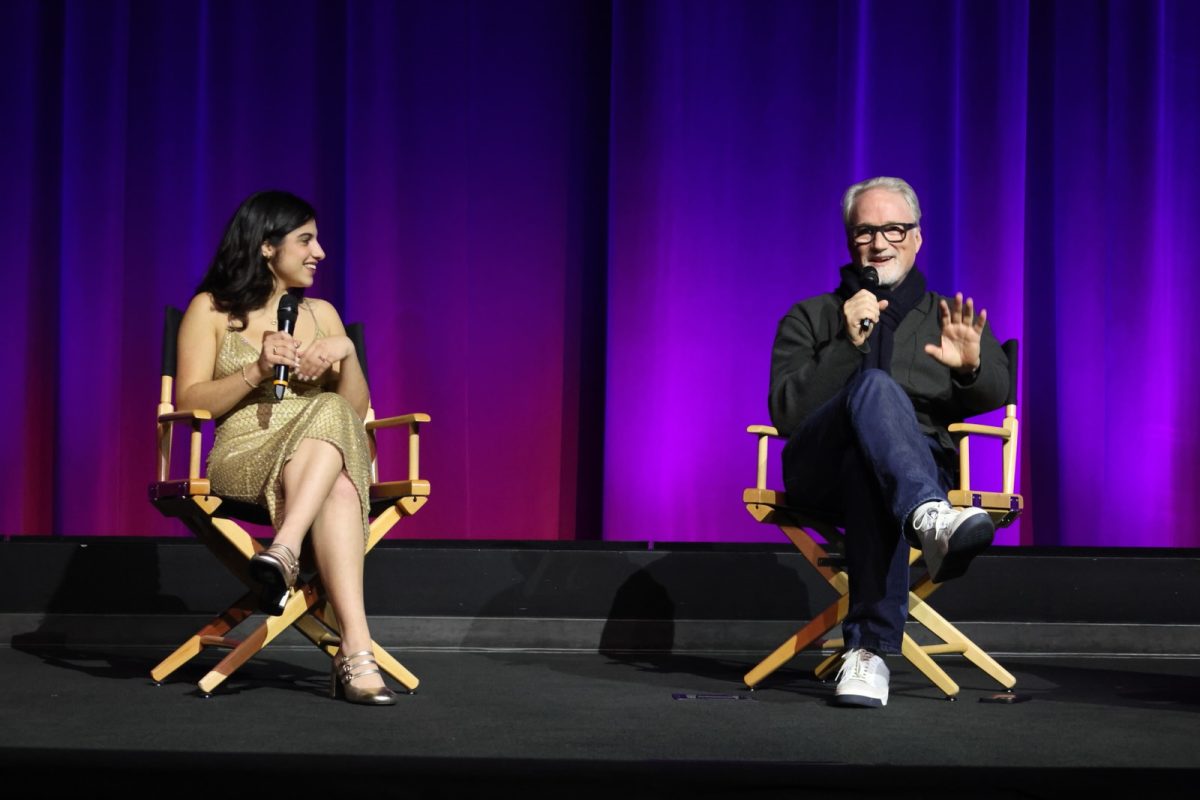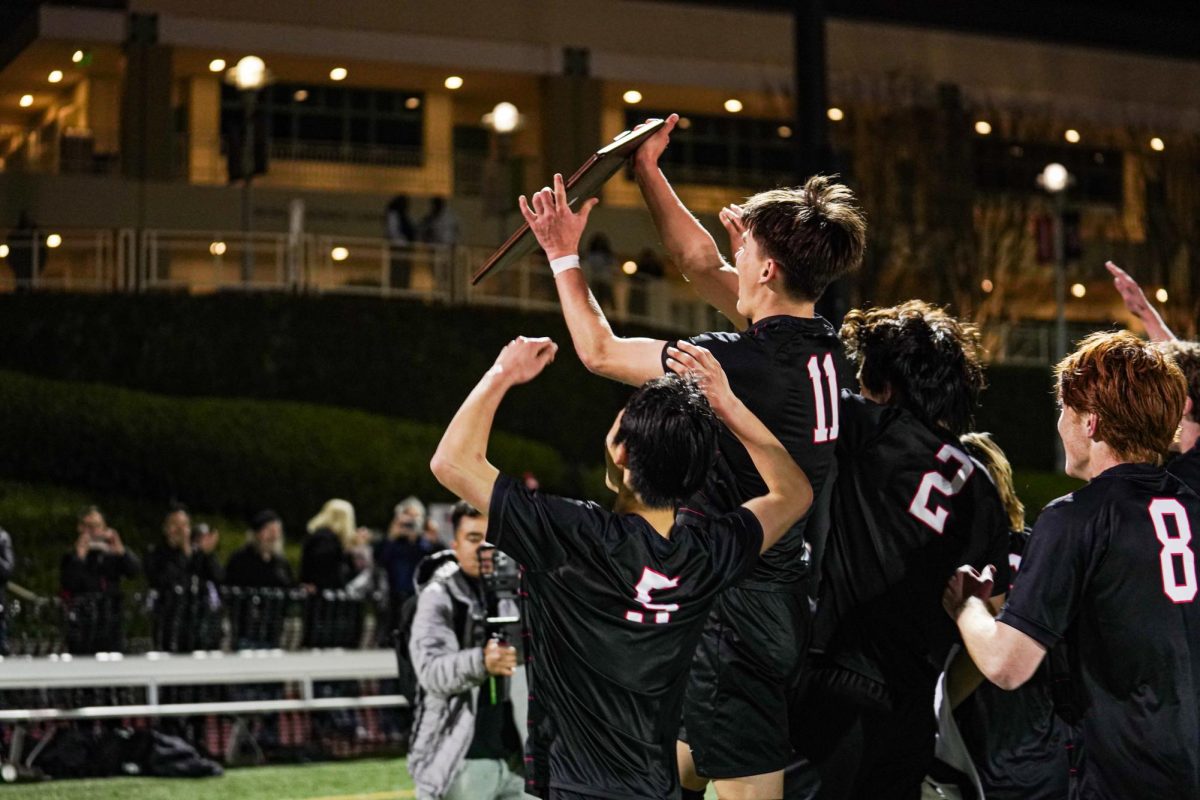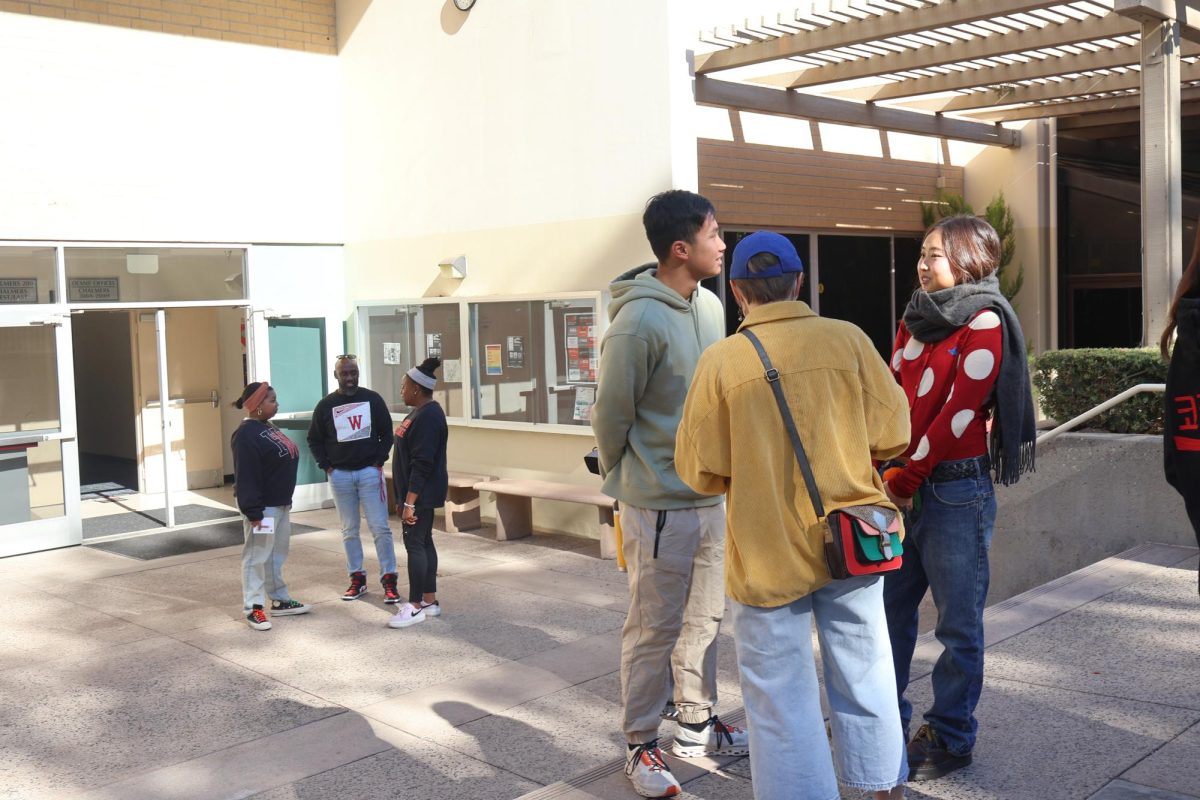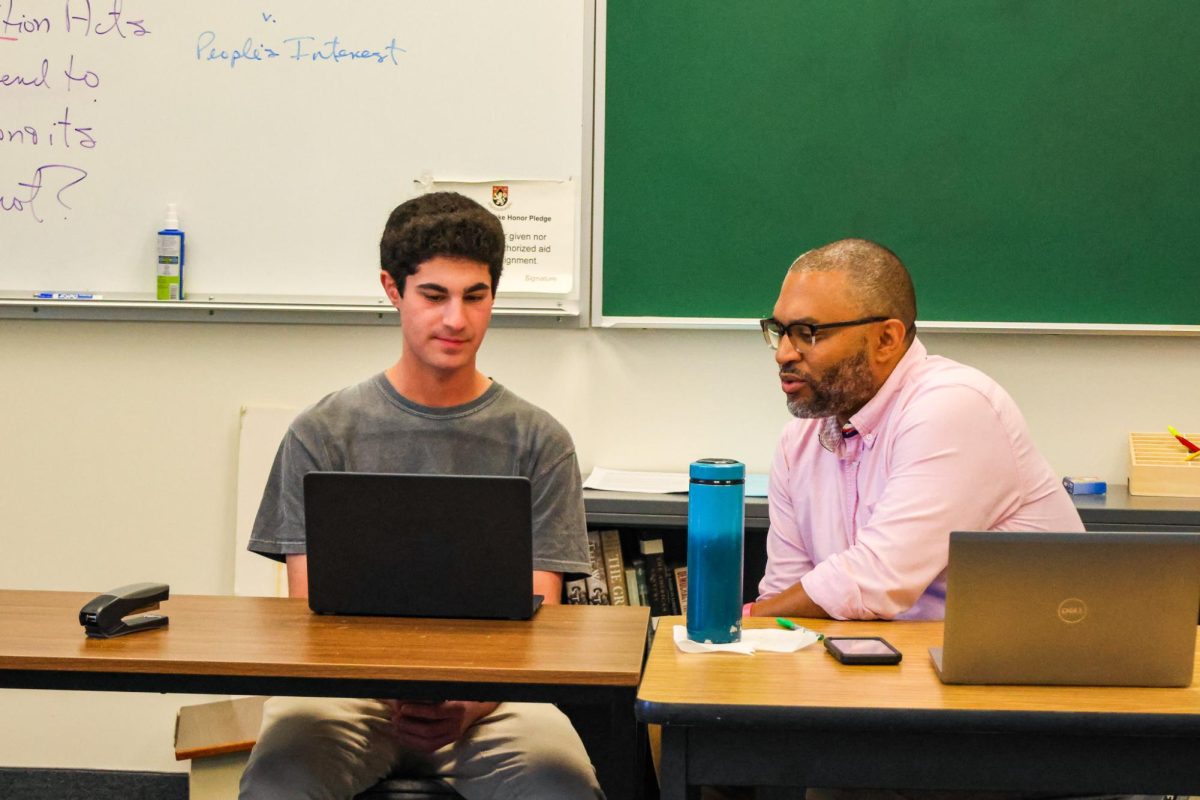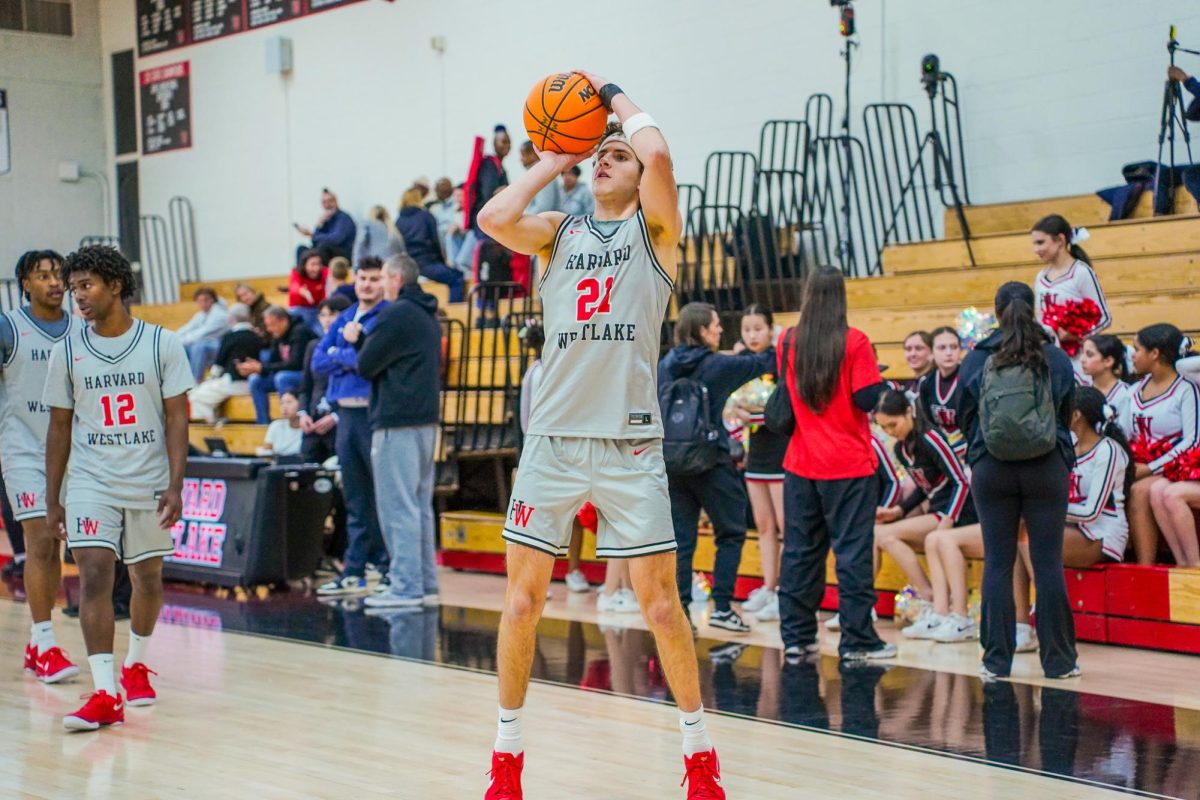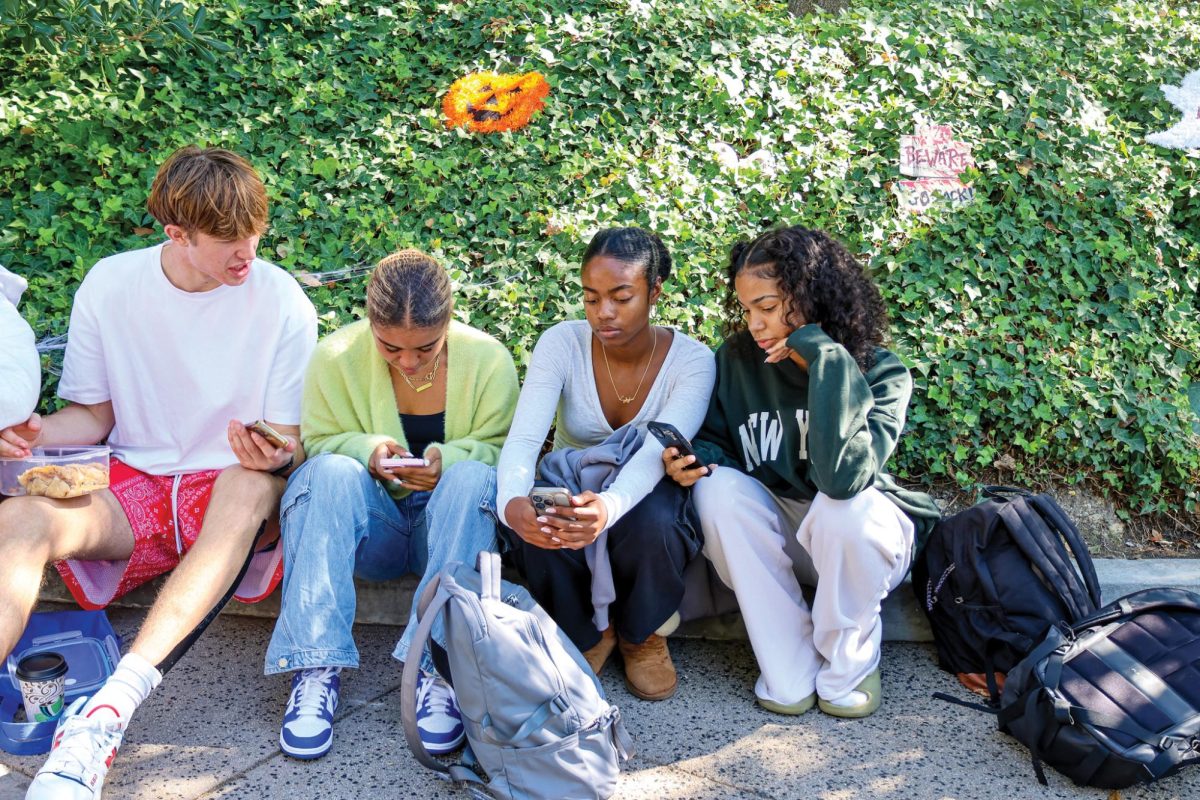The Faculty Academic Committee rejected the idea of continuing AP courses for students after exams finish but is still searching for other potential uses of seniors’ time during the period in late May between AP exams and graduation.
“I think the discussion began because there was this concern that somehow we weren’t making a good use of the time at the end of the school year, and it just seemed like seniors were just fading out at the end of the school year,” FAC head and math teacher Kent Nealis said. “That just didn’t feel right to us, so we were trying to find something useful to do with that time because it sort of just felt haphazard and depended on how many [AP] courses each senior was taking, so each senior was having a different experience. That was the background for this discussion.”
There were arguments for continuing classes after exams and arguments for keeping the current conditions. Nealis said that at one point, students used to continue AP courses until graduation, and at other times the seniors graduated when exams ended.
“This year, AP exams fell pretty early, and ideas like this tend to happen when APs are pretty early,” upper school dean Sharon Cuseo said. “I don’t think it bothers anybody. In fact, I like that students like to be here even when they’re not required to be here. I think that it bothers teachers when students feel like it’s an imposition on them to attend their classes, and I think that’s the part that’s hard, that students do a lot of [complaining] when they knew that these specific classes would last all year when they signed up for them.”
Though some faculty members agreed that the last few weeks of school seem to be a waste for seniors, ultimately, the arguments for maintaining the status quo won out, namely the existing precedent coupled with the idea that students look forward to their freedom in late May as a final reward, and it would seem oppressive to take it away.
Although AP courses aren’t changing next year, Harvard-Westlake is currently at the very beginning of the process of examining other schools’ programs for seniors to determine if anything can be translated to Harvard-Westlake, though this wouldn’t happen for at least a few years, Nealis said.
“There aren’t any additional meetings of FAC this year, so nothing dramatic is going to change next year, but people are always floating around the idea of what other schools do: capstone projects,” Cuseo said. “In a capstone project, you take what you learned in a class and apply it.”
Capstone projects consist of something creative done by each student to show what he or she learned in class, and if implemented at Harvard-Westlake, they would differ from class to class, Cuseo said.
Also, students wouldn’t necessarily need to come to school every day to complete their projects.
Nothing is changing for next year, but in a few years, seniors might have the option of culminating their educations in some meaningful way.
“Just because you’ve taken a cumulative national test on government or written a final synthesis on literature, you haven’t learned everything about political science or solved the evolving challenges of critical close reading,” upper school dean Adam Howard said. “There’s always more exciting lessons.”





























